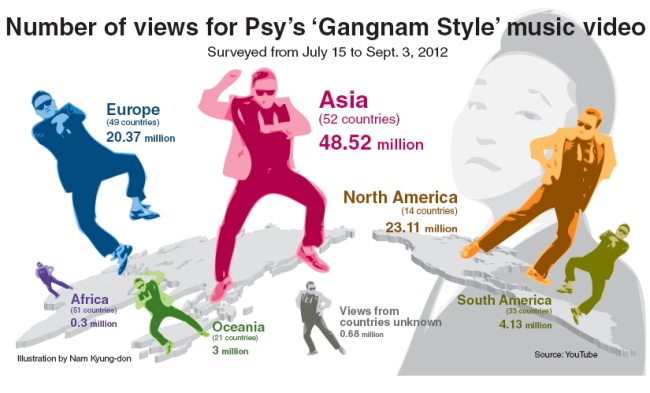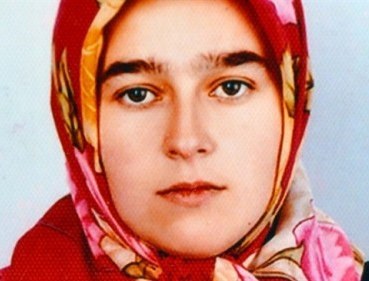Gruesome morality tale ’Pieta’
tops Venice Kim Ki-duk received the Golden Lion award
for his 18th feature-length film “Pieta” on Saturday to become the first Korean
director to win the top prize at the Venice Film Festival.
Venice, along
with Cannes and Berlin, is considered one of the three most prestigious European
film festivals. The film fests are often called the “Big Three.” No Korean
director has ever won a top prize from any of the three until now.
Before leaving for Venice, the director had promised local reporters at
a press meeting in Seoul that he would sing Korea’s national anthem should he
win the award. Upon receiving the honor, he instead sang “Arirang,” Korea’s
national folk song, while giving his acceptance speech on stage.
 |
| Director Kim
Ki-Duk holds the Golden Lion for best movie on his head during a photocall
following the award ceremony of the 69th Venice Film Festival on Saturday at
Venice Lido. (AFP-Yonhap News) |
“Pieta” is a
gruesome morality tale about a cruel debt collector running into a woman who
claims to be his long-lost mother. The film won three unofficial awards from
critics and reporters before winning the Golden Lion on Saturday.
“Kim’s
winning of the Golden Lion is the biggest triumph in Korea’s film history of the
last century,” said Kim Dong-ho, the founding director of Busan International
Film Festival and its current honorary chief. He has been working as one of the
leading figures in the local film scene for more than 20 years.
“I’d
like to express my gratitude for his achievement on behalf of Korea’s film
industry.”
 |
| Director KIM
Ki-duk is celebrated as he is announced the winner of the Golden Lion for best
movie for his film `Pieta` at the 69th edition of the Venice Film Festival in
Venice, Italy, Saturday. (AP-Yonhap
News) |
Shim Jae-myung, who is the CEO of
Korea’s leading film production company Myung Films, also congratulated Kim via
Twitter.
“It was Kim Ki-duk who became the first Korean director to win
the top prize, not Park Chan-wook, Bong Joon-ho, Hong Sang-soo, nor Lee
Chang-dong,” she wrote.
“I send my sincere congratulations to Kim, who
had been an outsider in Korea’s film scene.”
Director Kim, who had an
impoverished upbringing and never went to film school, released his first
feature-length film “Crocodile” in 1996. Though his early films were severely
criticized by some local critics for their almost misogynist content and graphic
subject matter, he gradually became one of the most significant filmmakers in
contemporary Korean cinema. He is also considered one of the best known Korean
filmmakers overseas.
He won the Best Director award at the Berlin
International Film Festival for his 2004 drama “Samaritan Girl,” and won the
equivalent prize at Venice for “3-Iron” in the same year.
“Pieta” came
out after Kim’s last year personal documentary “Arirang.” The controversial film
featured his own perceived failings as a filmmaker, as well as a series of
“betrayals” he experienced in Korea’s film industry. The film won a coveted
sidebar prize at Cannes Film Festival last year.
By Claire
Lee
(
dyc@heraldcorp.com)














